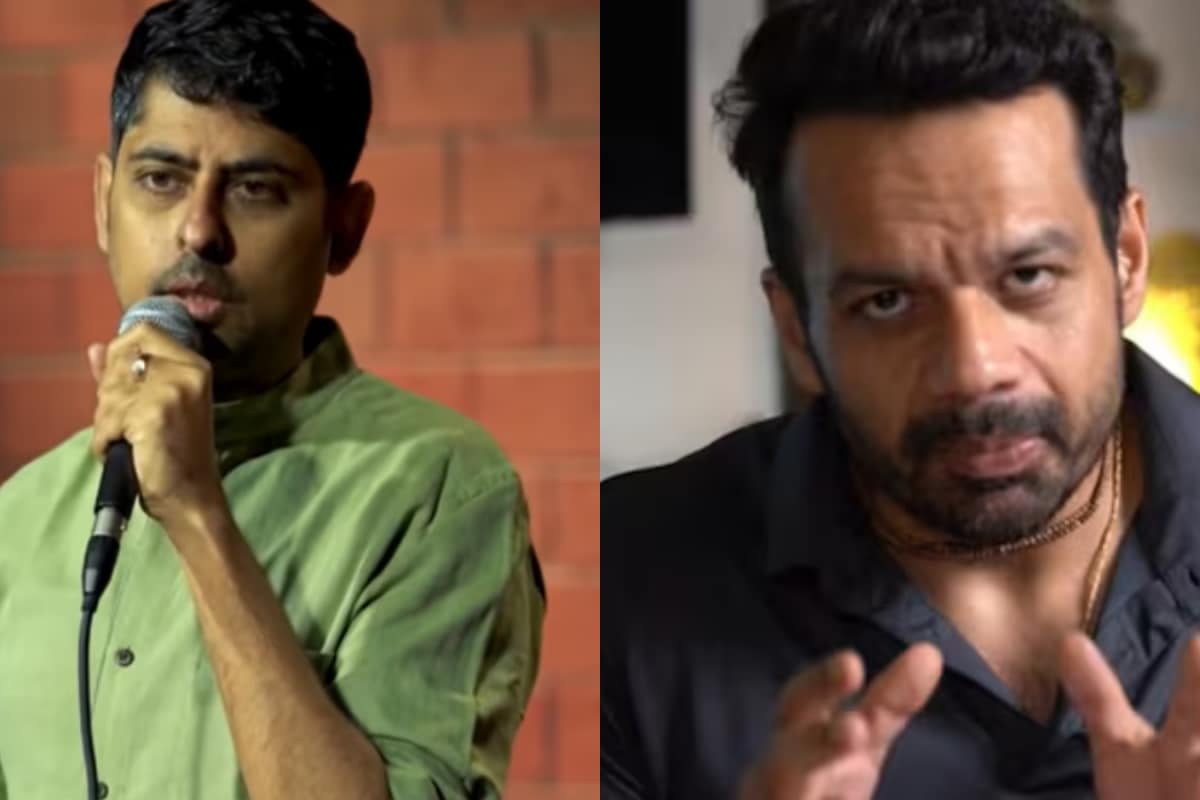

The release of preliminary reports concerning recent Air India crashes has stirred debate, drawing reactions from various quarters, including social media influencers and aviation experts. A focal point of contention has been the perceived bias in Western media coverage and the attribution of blame.
Following the release of the Aircraft Accident Investigation Bureau's (AAIB) preliminary report on the Air India flight AI171 crash on June 12, 2025, which claimed 260 lives, some international media outlets were accused of prematurely assigning blame to the pilots. The report indicated a dual-engine failure occurred shortly after takeoff due to an unexpected fuel supply shutdown. Cockpit voice recordings captured a pilot questioning why the fuel was cut off, with the other responding, "I did not do it".
This led to criticism of news sources like the BBC for suggesting pilot error without fully considering the AAIB's findings or a 2018 FAA advisory about potential fuel control switch malfunctions. Publications like The New York Times and The Guardian were noted for providing more nuanced coverage.
Writer and stand-up comedian Varun Grover expressed his dismay on social media, accusing Western media of bias. He tweeted, "Shilling for Boeing. White man will always stand with the white man. Shame". This sentiment reflects a broader concern among some Indian netizens that Western media outlets were quick to absolve Boeing of any potential culpability.
YouTuber and former pilot Gaurav Taneja, also known as Flying Beast, also criticized the AAIB report and the media coverage. Taneja argued that Boeing should be held accountable and that the deceased pilots were unfairly blamed, as they could not defend themselves. He stated, "As expected, 'Blame the deceased pilots'. They can't come back to defend themselves... BBC already gave Boeing a clean chit". Taneja has, in the past, defended pilots and offered alternative theories for plane crashes, including the possibility of the aircraft being overloaded.
A pilots' association also issued a statement criticizing the investigation's direction, raising concerns about the exclusion of qualified personnel and suggesting a potential overlooking of mechanical issues. The association strongly objected to the presumption of pilot error.
The Air India Express Flight 1344 crash in 2020, where a Boeing 737-800 overran the runway at Kozhikode International Airport in India, killing 21 people, including both pilots, has been cited as an example of accidents where pilot error was a significant factor. However, factors such as poor weather conditions and the challenging tabletop runway also contributed to the accident.
Following the recent Air India crash, Varun Grover noted Air India seemed to be taking stricter safety measures, moving away from a "chalta hai" (it's okay) attitude. He expressed hope that the airline would improve its baseline safety and maintenance, even if it meant canceling flights.
The debates surrounding the Air India crash reports highlight the complexities of aviation accident investigations and the sensitivities involved in attributing responsibility. Social media has become a platform for experts and the public to voice their opinions, scrutinize media coverage, and advocate for fair and thorough investigations.